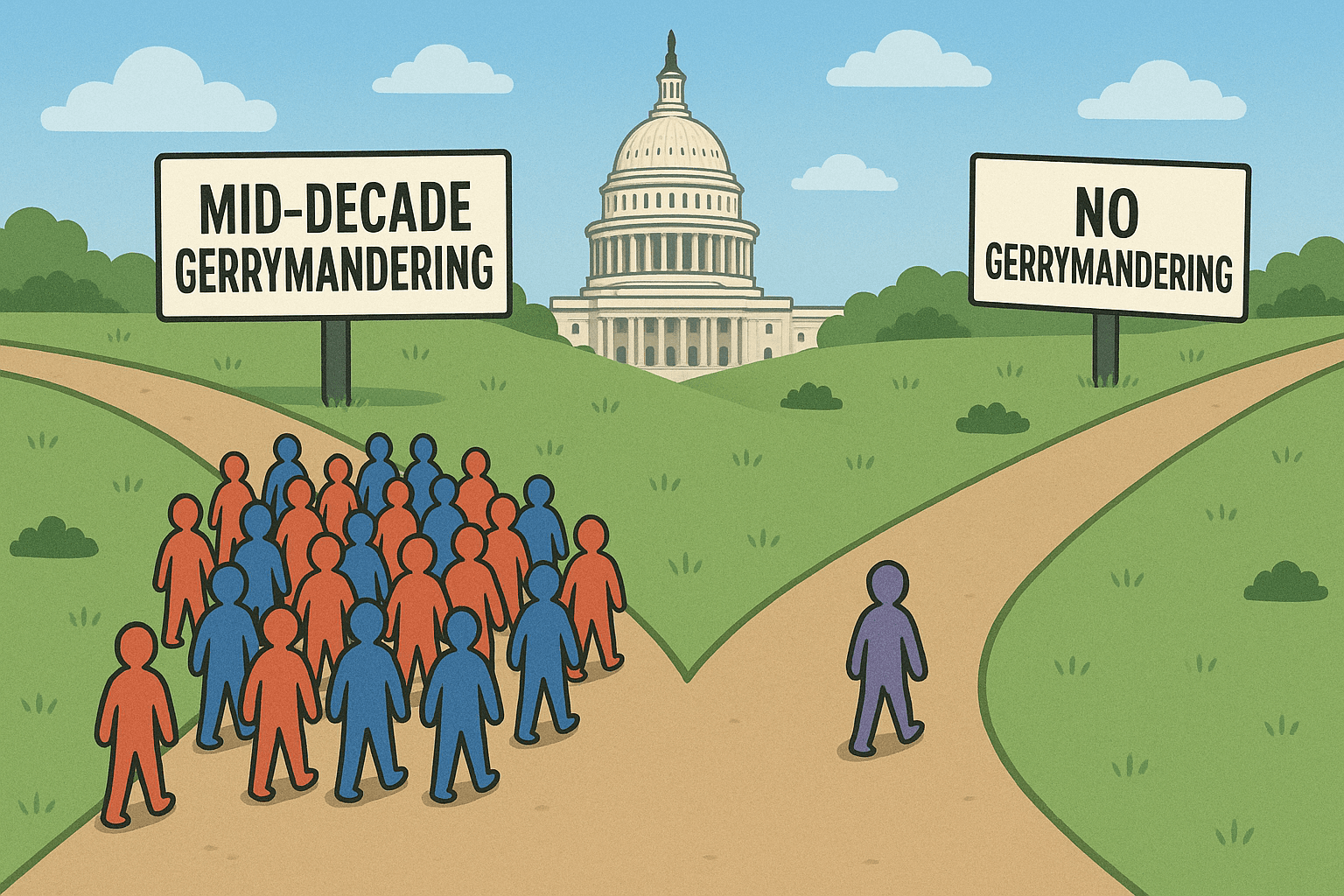Kansas Bucks Primary Trend; Voters Turn to Independent-Minded Politicians

There seems to be an axiom in modern politics, that to win a general election you have to win over the moderates, but to win in the primary you have to 'be the best party member' to have a chance.
Historically this has been very true in Kansas politics, a conservative stronghold in both national and state politics.
But Kansas seems to be at least partially bucking this trend. With 165 legislative seats up for grabs, moderates have unseated about 10 percent of the most conservative incumbents, including the Senate majority leader, with more races still to be called.
U.S. Rep. Tim Huelskamp, a tea party adherent, also lost his primary battle to Roger Marshall. Marshall will face independent Alan LaPolice in the general election.
Dissatisfaction with the governor's great Laffer Curve experiment has largely fueled this resentment in once deep-red Kansas.
Personal and business taxes were slashed to stimulate the economy, starting in 2012, but no positive results have been seen -- with the state missing budget projects by millions each month.
This, coupled with the all-out war on the judicial branch over school funding and voter suppression issues, has created inroads for moderate Republicans wanting to return to a more reasonable course.
While Kansas is a relatively small state, the impact of this could be profound -- that once safe seats nationwide have become targets for candidates willing to accept moderate positions and are able to reach across the aisle to work with political opponents for better policy.
It's encouraging to see a primary result like this; too often the Democratic and Republican primaries are rubber-stamps to the party's platform, with partisanship, inflexibility, and heated rhetoric the result.
Once again, we are seeing more and more evidence that 2016 could have been a year for independents nationwide, people willing to challenge the status quo of party politics.
Two Kansas independents, Alan LaPolice and Miranda Allen are fighting for U.S. House seats, after both completing the overwhelming task of collecting signatures to be placed on the November ballot.
But Tuesday's Kansas primary has shown one thing -- voters are stepping outside of the political party's 'power-base' and empowering themselves.
Because whether we are Democrat, Republican, independent, or other, we should all see ourselves as voters, as the ones with power, not any other person or organization.



